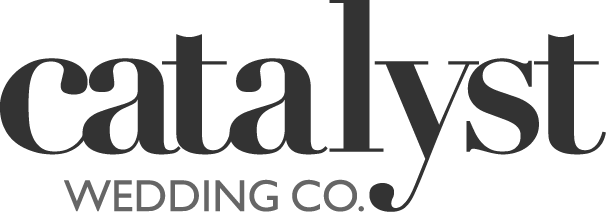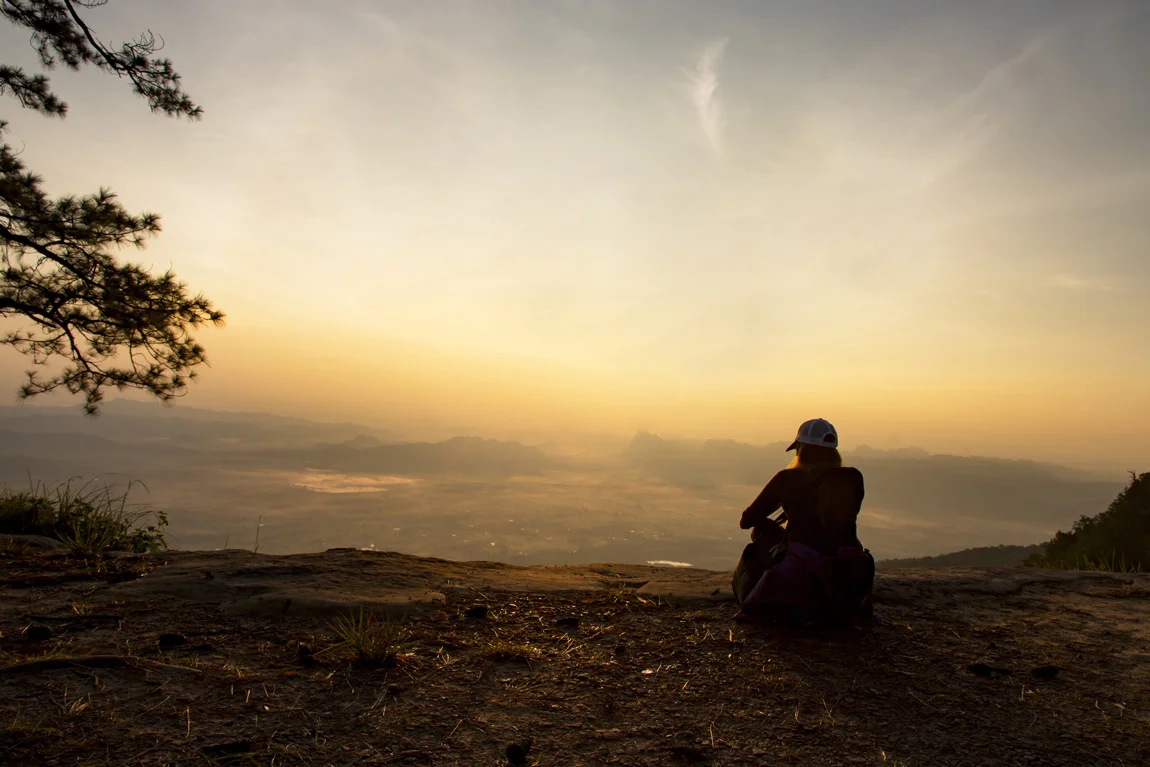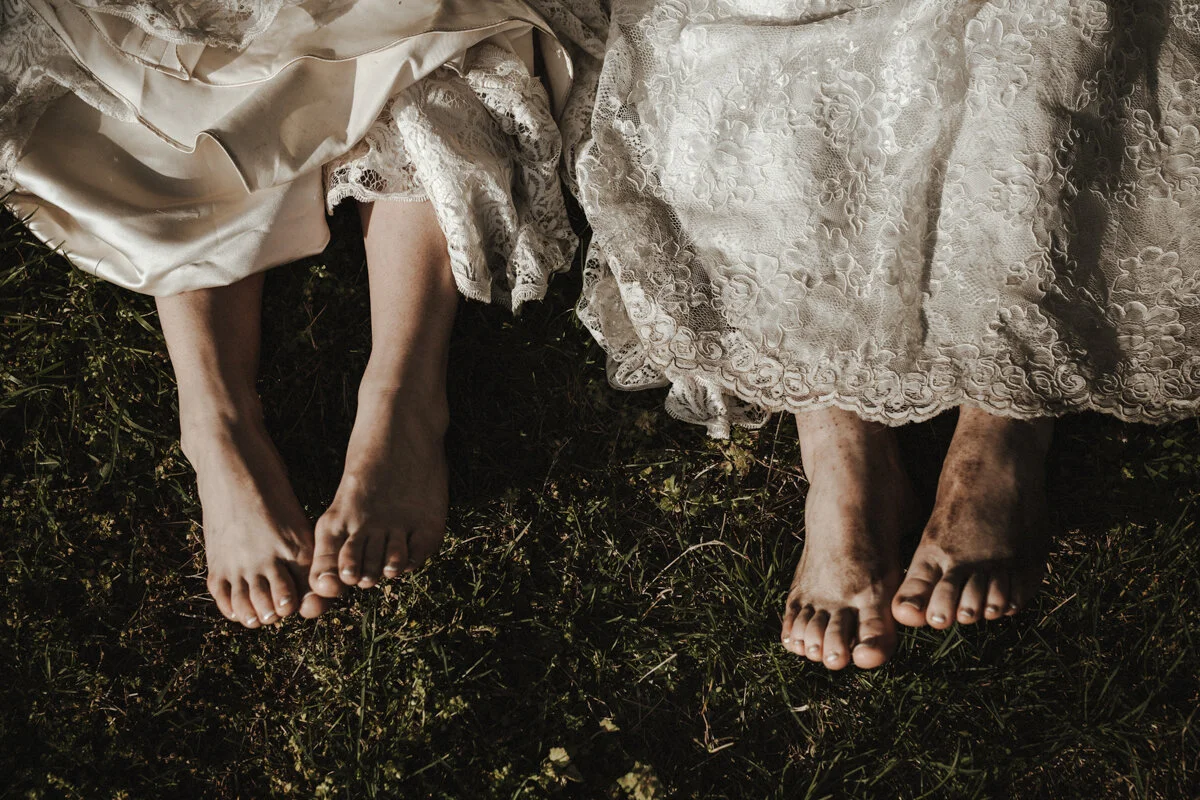Autostraddle Stories // Digging Up the Truth Through Fiction Writing in Trump's America
/I’m spinning tales this month, every day of April as a challenge to myself. Each morning I sit down in front of a blank document and an open notebook, ready to tell a story that only I can tell — a queer one, a strange one, a truly unreal one. One day I write a fairytale, the next a quiet character study, the next a surreal family drama. All of these stories are unreal, in that they didn’t or couldn’t happen. Magic doesn’t exist (so they tell me), and my characters may move around wearing masks of people I know, but they are all fabrications. However —
Fiction is about truth, in a deeper sense. And in the political times we’ve brought ourselves into, in this age of Trump and fake news and alternative facts, we are in dire need of the truth. Now, it could be said that “alternative facts” and fiction are technically synonymous — both are factually inaccurate or completely invented versions of events. But the important distinction is in the intention. The intention of spreading alternative facts is to obscure the truth. The intention of writing fiction is to reveal it. Fiction is about radical honesty.
The intention of spreading alternative facts is to obscure the truth. The intention of writing fiction is to reveal it. Fiction is about radical honesty.
Writers and artists have a responsibility to be radically honest — we are the ones who will tell the stories of what it is like to live in these times. The historians and politicians will craft their version: the skewed, anesthetized, hero’s tale of history. Our purpose is to be the multitude that fills in what is left out — this is what it is like to be queer, to be a person of color, to be outside the gender binary, to be disabled, to be poor, or to exist at the intersections of these, right now at this moment. Or this is the world we can dream up, one worse or better than our own, but likewise imperfect, and this is what it says about our desires and our fears. This is what it is like to fall in love, to lose a friend or a homeland, to be cast out, to create a family, to be afraid or ecstatic or angry, to forget, or to remember, to come to the end, to try to begin...
Each day I wake up and I try to begin. Yesterday I began a story about two siblings who reunite after not seeing each other for two years. The narrator is queer, and partnered, and wants to tell her brother that they are expecting a child. Her brother is in his last year of seminary to become a Catholic priest. He did not come to her wedding, and their relationship has suffered in the time since. As I write, this brother takes on the features of my own brother, who will soon be joining the seminary. Writing fiction allows me to imagine potentialities, even worst case scenarios, alternate worlds and selves. My job then, in the imagining, is to find the grain of hope. The siblings in this story both, in the end, want to be happy about this new life. They both, since the beginning, have loved each other dearly. But it hurts, and it isn’t easy. There is truth here. Not fact, in the strict sense, but something honest about family, and queerness, and religion, and love, that speaks to this moment in time. I am writing toward that. Toward the goal of empathy and connection. There is pain in the interim. But we write towards it regardless.
Some days the words flow out as easily as breath. Other days it feels more like a stilted bout of vomiting. Some days I feel like this work will have an impact beyond me. And some days I sit in silence without a thought for the work because the world is too loud, and the pain is untouchable. Through each of these days I write. Or I rest in order to write. This is my part of the resistance.
Sionnain Buckley is a queer writer and artist based on Long Island. When she isn't making up strange stories, she is consuming queer media and popcorn in equal measure.






















